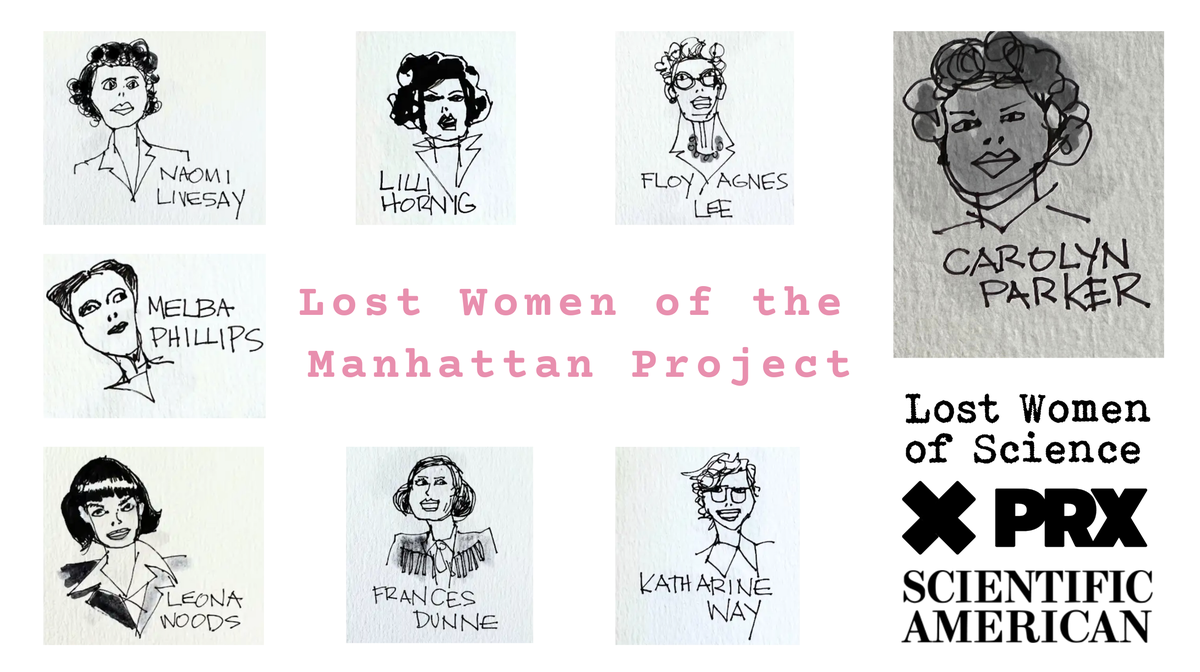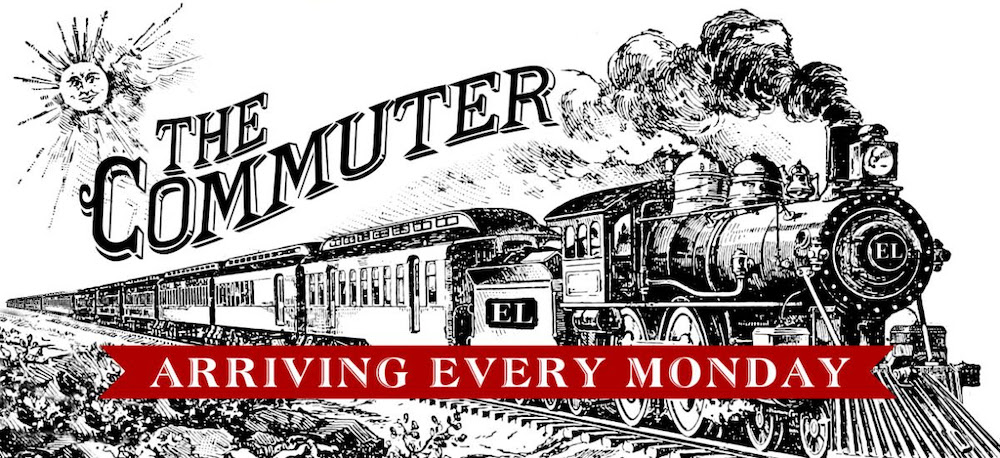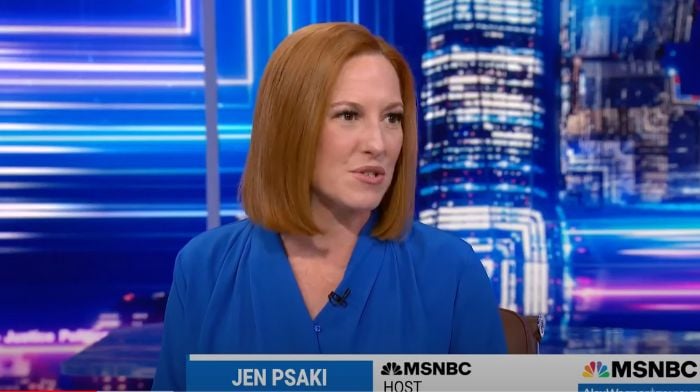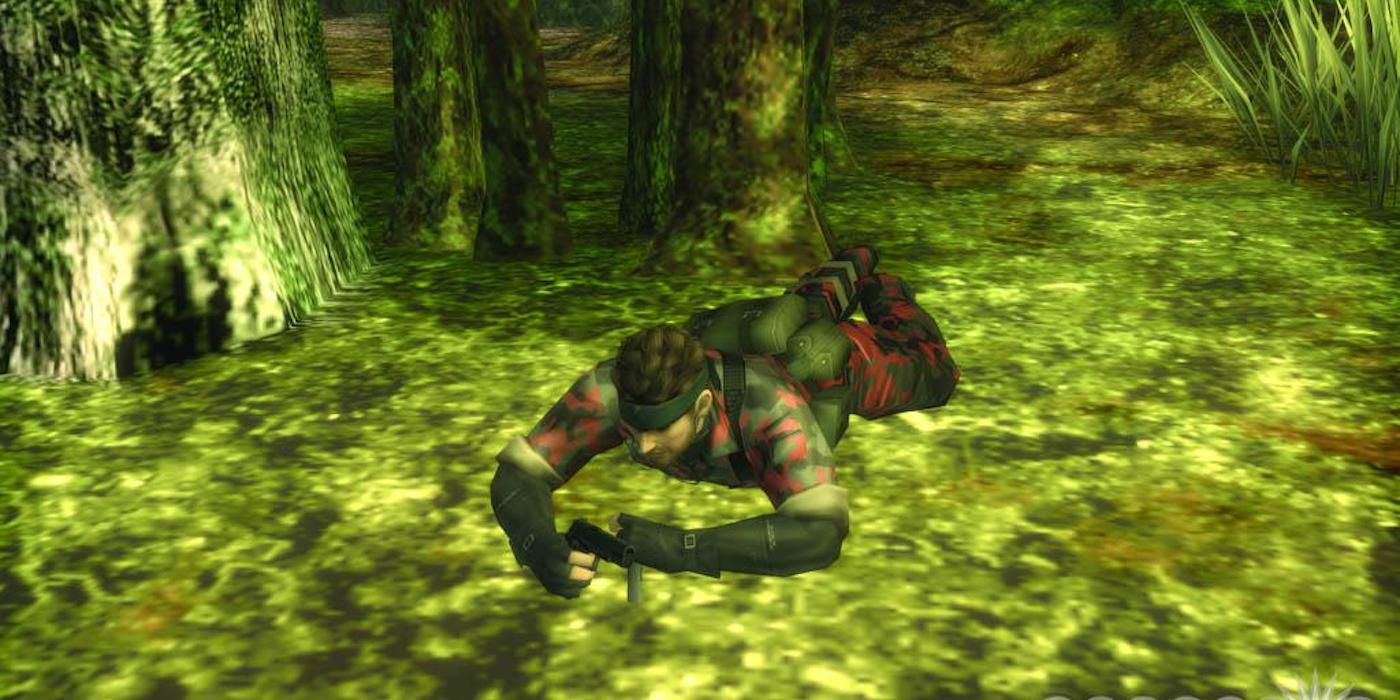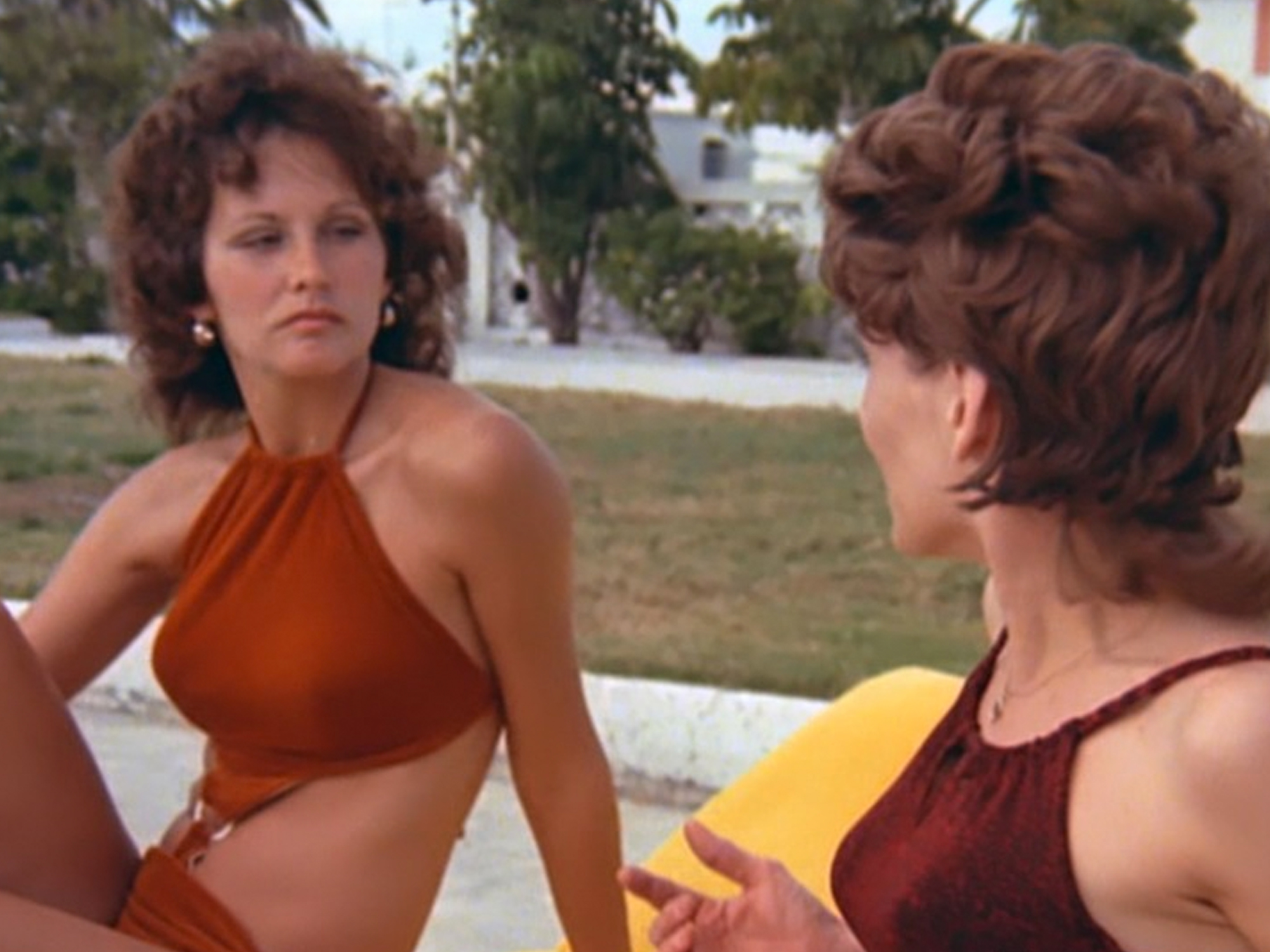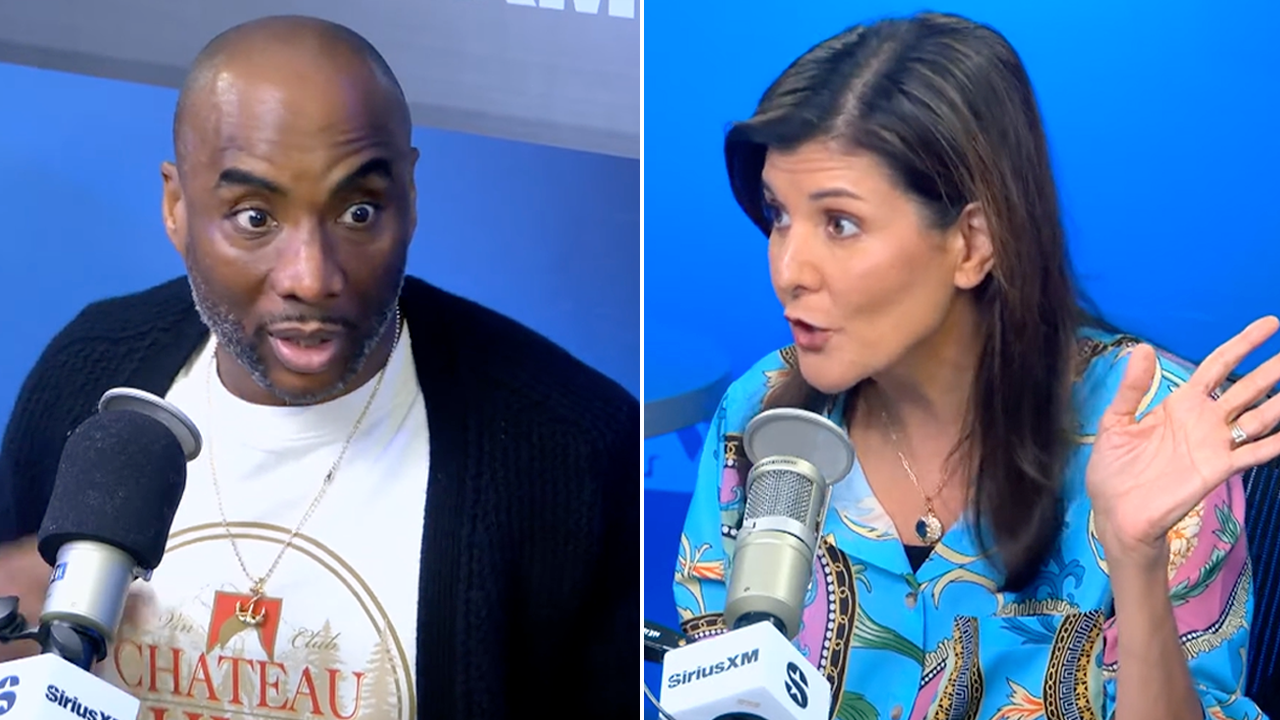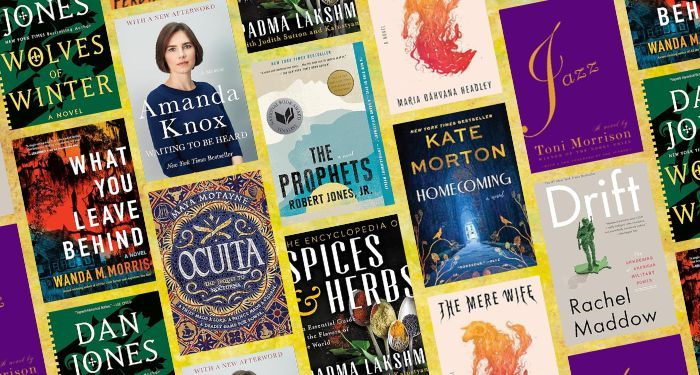From reanimated skeletons to the manic dispatches of a roofing association president, The Commuter is our home to bite-sized and experimental flash fiction, poetry, and graphic narratives. Sign up for The Commuter’s newsletter to receive our latest burst of awe-inspiring poetry and prose every Monday, and read below for our top ten issues of the year, starting with the most read.

“12 Essential Makeup Tips for the Aging Ghost” by Emma Brousseau
Written in the form of a beauty tutorial, our most popular story of the year follows an aging celebrity, who, following her murder at the hands of her husband, applies foundation, blush, eyeshadow, eyeliner, and mascara to her incorporeal form as she prepares to attend a gender reveal party with the man who killed her.

“The Complex” by Scott Limbrick
Surreal, existential, and utterly transfixing, “The Complex” follows a woman who realizes that, one by one, alternate versions of her and her family have begun moving into the neighboring units of her apartment building. Our protagonist becomes obsessed with observing these look-a-likes from their balcony, a hobby which she cannot convince her husband to partake in, as, “for [him], we are people to avoid.”

“Make Yourself Into a House” by Grace Shuyi Liew
Exploring the contours of a Manhattan break-up, this deeply felt short story was chosen by Min Jin Lee as the winner of the 2022 Stella Kupferberg Memorial Short Story Prize, and was performed live as part of the 2021-2022 edition of Tales of Fatherhood with Denis O’Hare. Each sentence exploding with ideas and teeming with life, this story questions the impossibility of truly building a home with another person.

“God Joins a Writing Workshop and the Old Testament Critique Doesn’t Go Well” by R.L. Maizes
Featuring critiques and archetypes that will be familiar to anyone who’s ever stepped foot in a creative writing workshop, this comedic flash piece explores what happens when God themself attempts to workshop the Old Testament. The results? Performative one-upmanship, complaints about a narratively redundant number of plagues, and a whole lot of smiting.

“The Bone Friend” by Zebbie Watson
“I don’t know how long I had been dead when the girl found me,” opens “The Bone Friend,” an adolescent love story with a supernatural twist. Unable to remember anything about his previous life, our protagonist falls in love with the girl who finds him, and, in doing so, risks an entirely different sort of death.

Excerpts from “After the Rapture” by Nancy Stohlman
Taking place shortly before the titular rapture, these three excerpts from Stohlman’s novel eerily evoke what it feels like to be alive in 2022. “In the end, we did it to ourselves,” reflects our narrator, exhausted by tragedy and flummoxed by the absurd indignities of modern life.

“Shadow on the Moon” by Brenna Hosman
Taking place in the not-too-distant future, this haunting flash story follows a couple who plan a trip to the moon. Our narrator thinks that her partner might be getting ready to pop the question, but his actual intentions prove to be far more sinister.

“You don’t know I know / you’re trying to arrange memories / into an order that makes them disappear,” says the speaker of Laura Villareal’s “Tetris,” a line that captures the melancholy and wit of these two devastating poems.

“The Roof Is Not on Fire: Dispatches from the Roofing Association of America” by Thomas Rowley
Pushing back against the perceived anti-roofing sentiment expressed by Pharrell, Macklemore, and other musicians, the Roofing Association of America attempts to change the narrative by writing and distributing pop songs of their own in this wildly funny epistolary story.

These two poems by Qiang Meng aren’t afraid to ask the big questions—even if the individual posing them happens to be a philosopher iguana. “Desolation echoes. My porch light / long broken. Mailbox unchecked, / and I bike to work,” Meng writes in “The Frond,” reflecting on a rundown coconut leaf. “Summer is eternal.”














